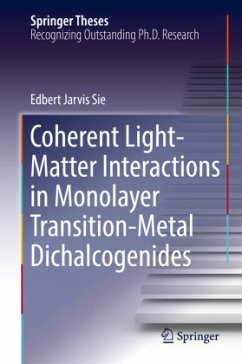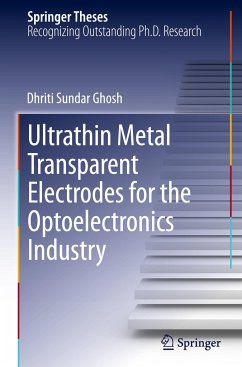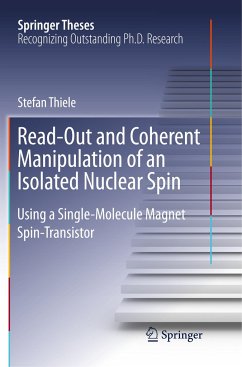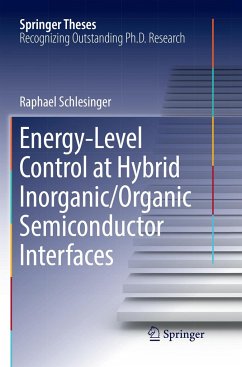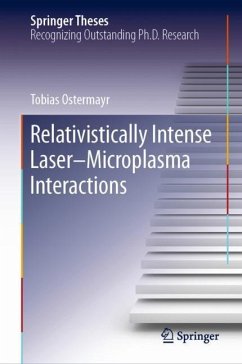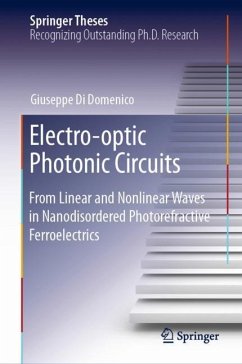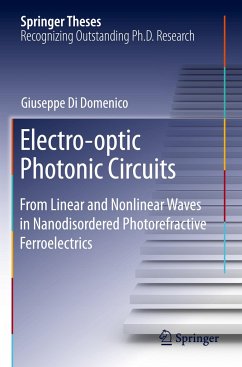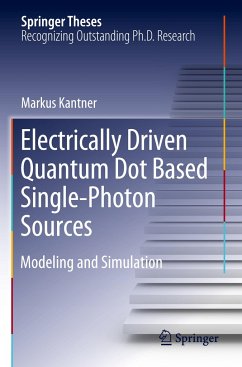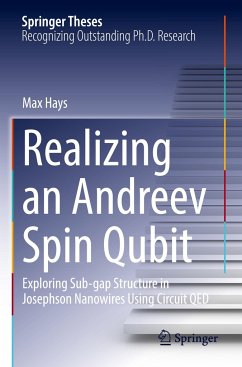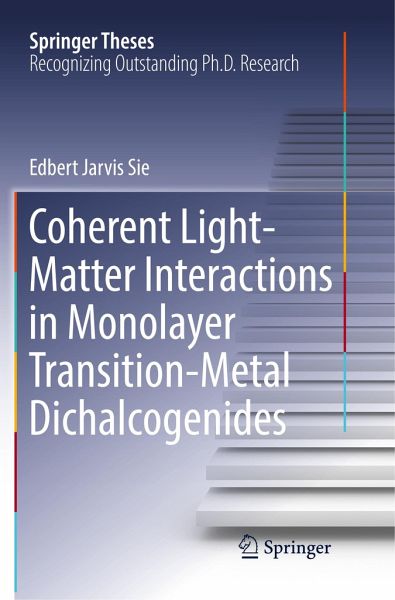
Coherent Light-Matter Interactions in Monolayer Transition-Metal Dichalcogenides
Versandkostenfrei!
Versandfertig in 6-10 Tagen
76,99 €
inkl. MwSt.
Weitere Ausgaben:

PAYBACK Punkte
38 °P sammeln!
This thesis presents optical methods to split the energy levels of electronic valleys in transition-metal dichalcogenides (TMDs) by means of coherent light-matter interactions. The electronic valleys found in monolayer TMDs such as MoS2, WS2, and WSe2 are among the many novel properties exhibited by semiconductors when thinned down to a few atomic layers, and have have been proposed as a new way to carry information in next generation devices (so-called valleytronics). These valleys are, however, normally locked in the same energy level, which limits their potential use for applications. The a...
This thesis presents optical methods to split the energy levels of electronic valleys in transition-metal dichalcogenides (TMDs) by means of coherent light-matter interactions. The electronic valleys found in monolayer TMDs such as MoS2, WS2, and WSe2 are among the many novel properties exhibited by semiconductors when thinned down to a few atomic layers, and have have been proposed as a new way to carry information in next generation devices (so-called valleytronics). These valleys are, however, normally locked in the same energy level, which limits their potential use for applications. The author describes experiments performed with a pump-probe technique using transient absorption spectroscopy on MoS2 and WS2. It is demonstrated that hybridizing the electronic valleys with light allows one to optically tune their energy levels in a controllable valley-selective manner. In particular, by using off-resonance circularly polarized light at small detuning, one can tune the energy level of one valley through the optical Stark effect. Also presented within are observations, at larger detuning, of a separate contribution from the so-called Bloch--Siegert effect, a delicate phenomenon that has eluded direct observation in solids. The two effects obey opposite selection rules, enabling one to separate the two effects at two different valleys.



